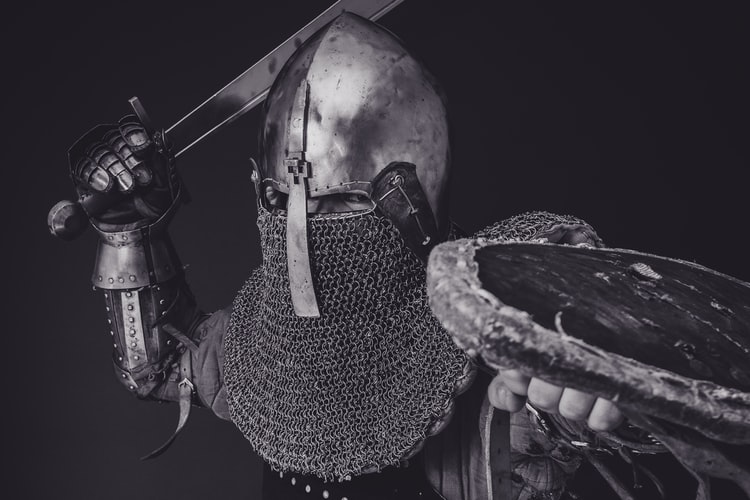A standard history source can be essentially a documentary document embedded within a historical study process. Typically, the document consists of at least one interview, usually involving a current or former employee, and several documents that support the case. The documentary product consists of an account of important events from a countries recent history, told in the voices of those who actually took part in those events. As you might expect, this product requires a great deal of research to be comprehensive, yet it presents a challenge for researchers. Why do some researchers get so much wrong?

Issues With Historical Accuracy
One problem is that some historians become fixated on particular events. For instance, many historians examine business battles as if they were isolated events that had no subsequent effect on the business or society at large. In other words, these scholars insist that any and all connections between certain events and specific individuals are irrelevant, as if the public couldn’t possibly comprehend them. While there is certainly some truth to this principle, those engaged in this kind of research have been guilty of ignoring the powerful influences that their arguments inevitably lead to.
Another problem comes about when a researcher does not investigate all avenues of knowledge. It is not uncommon to discover that an important piece of information is either unavailable or otherwise appears to be muddled. Worse still, there is an apparent tendency among some historians to withhold knowledge that tends to complicate or weaken their case. This includes the withholding of information related to one of the most fundamental elements of the case. For instance, if an event is suspected of being linked to a key player in an important conflict, the researcher might withhold evidence linking that event to an equally important factor that played a role in the conflict.

Organising Evidence And Historical Sources
Finally, there is often a tendency for researchers to cherry-pick the evidence they present. For instance, there is an entire cottage industry of chronological researchers who cherry-pick only those pieces of information that support their conclusions. They present their findings at the conference as proof that the historical method was effective. In doing so, they ignore the many arguments for changing the method and point out only the facts that support their point of view.
Fortunately, it is usually possible to correct mistakes or learn from the mistakes made by other researchers. This is especially true if the original researcher did not employ a rigorous methodology. If someone has access to previously unpublished research on a topic, they can often find prior scholarship and research that have been overlooked or ignored by other scholars. With this kind of specialized knowledge in hand, a social work student can more adequately answer a question posed by a conference participant or questioner.

The Best Ways To Learn About History
The power of learning history lies in the ability to see patterns emerging from previous research. A student who takes an interest in social work may discover a neglected aspect of the social system that was previously hidden. This knowledge, coupled with their own research skills, can help them improve the system for the benefit of all future generations. History is not only interesting; it is necessary for our survival. Now, thanks to the Internet and related technologies, we have easy access to previously unthinkable data. With this knowledge at our fingertips, it is not surprising that students are exploring learning history opportunities.

Keisha Parker provides insightful news coverage, practical tips, and informative articles to keep readers updated and engaged.





